It’s time for the annual Tadej Pogacar v Jonas Vingegaard head-to-head. There are however a pair of potential spanners in the works which mean everybody else can dampen their default defeatism a touch this year.
The scoreline currently sits at 2-2 between Pogacar and Vingegaard when it comes to Tours de France victories and we have to go back to Egan Bernal in 2019 to find a different winner.
“The first of many” everyone agreed when Bernal won – but time was apparently moving on even before he hit a parked bus at 30mph in 2022. (Given that doctors apparently warned there was a 95% chance Bernal would die or be paralysed, it’s staggering to think he’s being mentioned as a potential contender again this year.)
Pogacar won in 2020 and 2021, but that second victory also saw the emergence of Vingegaard, who has had the better of him ever since. If there was an element of surprise about that in 2022, the outcome last year was more predictable because injury had interrupted Pogacar’s preparations.
This year was therefore shaping up as a real, proper, head-to-head, with both riders at their best and with no element of surprise.
Nope.
Tadej Pogacar
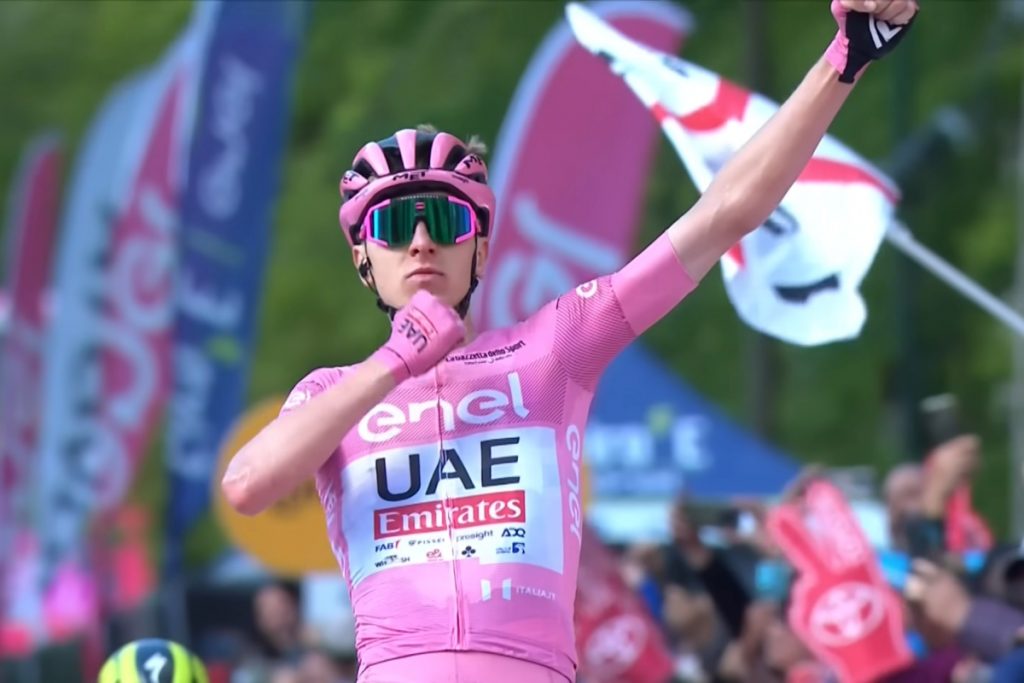
First of all, Tadej Pogacar decided he was going to have a stab at winning the Giro d’Italia. He succeeded, but winning the Giro is not generally thought to be great preparation for winning the Tour de France because it’s not the kind of effort you get over in a day or two, or even a week or two.
Pogacar should start the Tour strongly, but there is a question as to how well he will last. No-one really knows. A smattering of otherwise dominant riders have tried to go for both Grand Tours in the same season in recent years and not quite managed it, but the general vibe this time around is, ‘if anyone can, Tadej can’.
So far this year, the Slovenian has entered Strade Bianche, Milan-Sanremo, the Tour of Catalunya, Liege-Bastogne-Liege and the Giro d’Italia.
These are not tin-pot little races. Most are events some riders will base their entire seasons around and yet the only one he didn’t win was Milan-Sanremo, where he came third. The Giro was won by 9m56s – the biggest winning margin in a Grand Tour this century.
Jonas Vingegaard
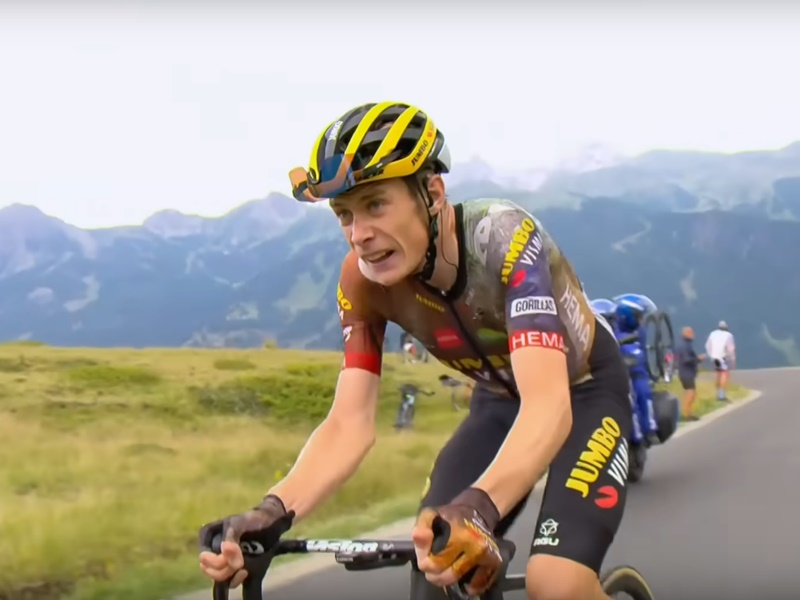
A rider like that feels impossible to measure up to – and yet Jonas Vingegaard has twice beaten Pogacar in the biggest race of all.
If his greatest strengths are far narrower than his rival – chiefly long climbs and evenly-paced time trials – then they are also the two main areas where Tours de France are typically won.
But… back in April, at the Tour of the Basque Country, Vingegaard was involved in a horror crash that resulted in a broken collarbone, busted ribs and a collapsed lung. Two of this year’s other Tour contenders – Primoz Roglic and Remco Evenepoel – were also forced to abandon the race after being caught up in the same incident.
Vingegaard was the most damaged though and he hasn’t raced since. Training’s supposedly gone well, but he’s unquestionably had some catching-up to do.
Will the Dane’s undercookedness serve him better than Pogacar’s overcookedness? Or will someone else be done to perfection?
Matteo Jorgenson
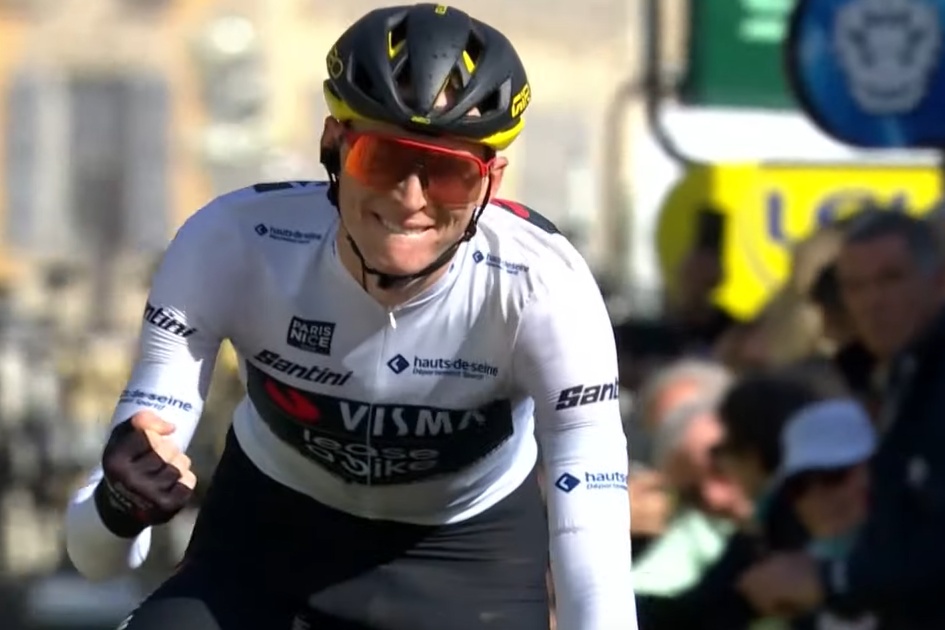
Vingegaard’s team-mate Sepp Kuss has actually won a Grand Tour more recently than Vingegaard – the Vuelta a Espana last year, when he pushed his team-mate down into second place and another team-mate (now ex-team-mate) Roglic into third.
That whole thing was very weird and uncomfortable with the two senior riders seemingly requiring a fair bit of persuasion before they belatedly rode in support of Kuss.
Kuss was pencilled-in as Plan B if Vingegaard was obviously off-the-pace, but then he got Covid-19 (remember that old thing?) at the Critérium du Dauphiné earlier this month and apparently he hasn’t recovered enough to make the team.
That means Plan C, Matteo Jorgenson, gets an alphabetical upgrade. The American is younger (24) than Kuss and more obviously a coming man. His Grand Tour record is so far unremarkable, but he won this year’s Paris-Nice and finished second at the Dauphiné.
Primoz Roglic
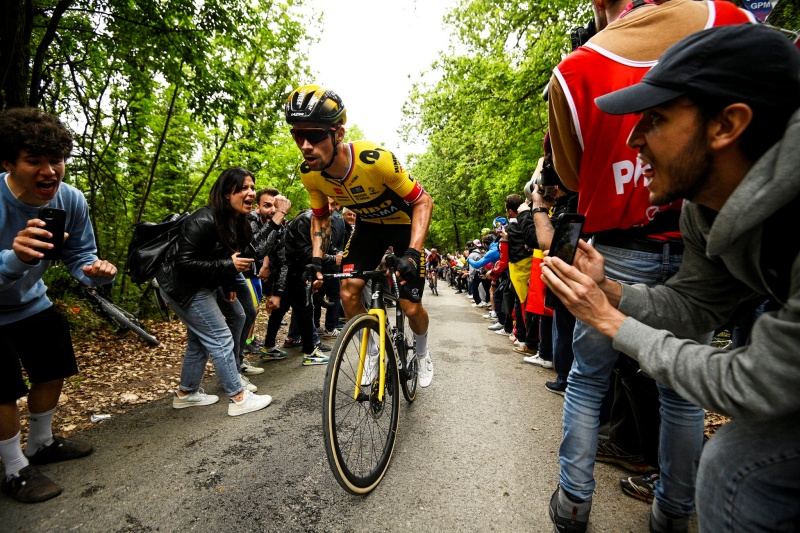
Ever since Pogacar pipped him to the 2020 Tour, Primoz Roglic has been landed with an air of being yesterday’s man. It’s therefore worth pointing out that he’s won three Grand Tours since that happened (the Vuelta in 2020 and 2021 and the Giro last year). It was also Roglic who edged out Jorgenson at the Dauphiné.
The Slovenian is, in short, exactly the kind of person who could win the Tour de France if the two more obvious contenders falter. And if he does take the lead… man alive, he will give you nothing in the post-race interviews. I often find myself quietly willing him on purely to see that play out.
Remco Evenepoel
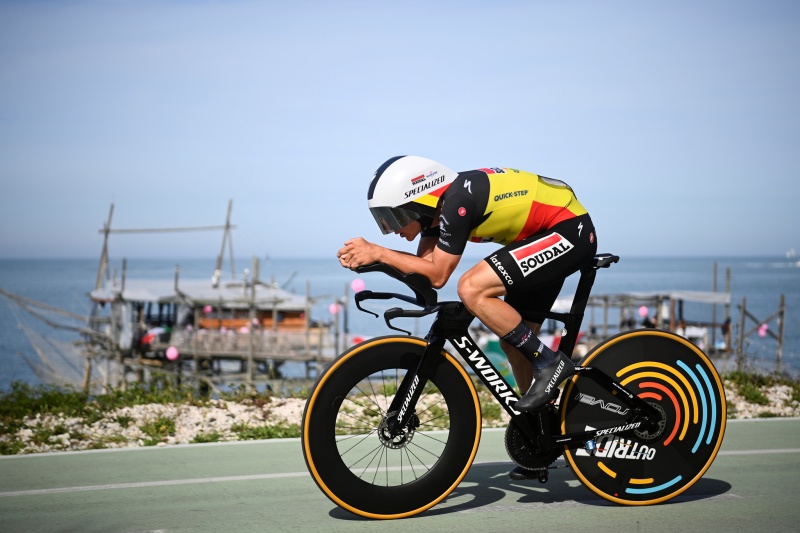
Remco, in contrast, never seems short of an opinion. If he thinks someone caused a crash, he’ll say so. If he’s unhappy with the nature of a stage, he’ll have a go at the race organisers.
Like Roglic, the Belgian made his racing return after that Basque crash at the Dauphiné, but he was a little off the pace. His even-more-outspoken team boss, Patrick Lefevere, reckons, “another kilo or a kilo and a half has to come off,” before Remco’s back in the climbing form that won him the 2022 Vuelta.
Adam Yates, Joao Almeida and Juan Ayuso
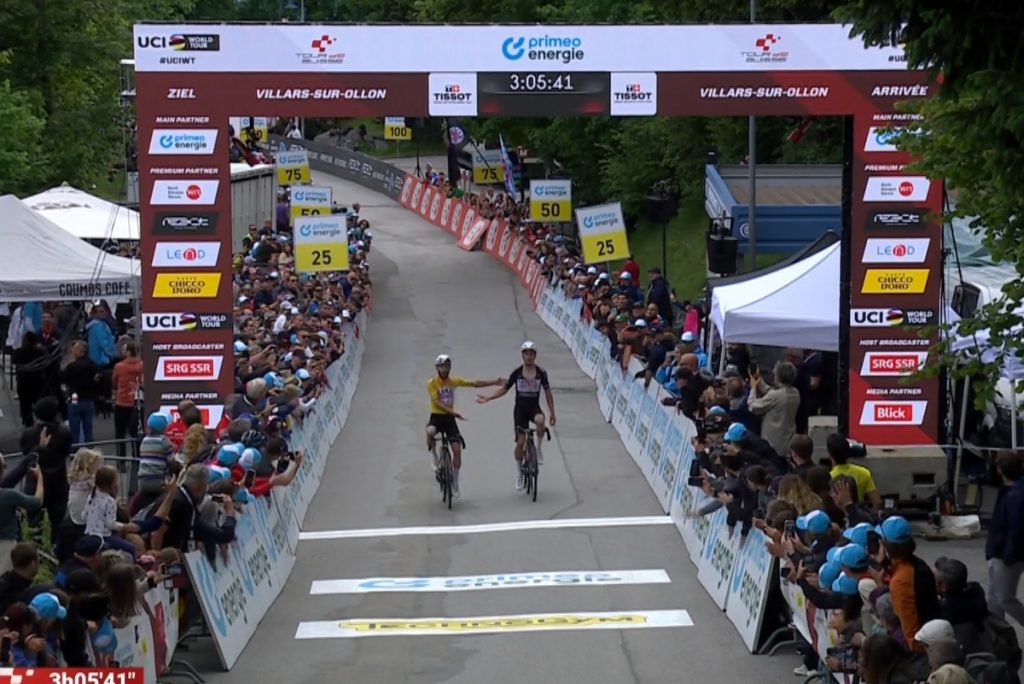
Vingegaard is not the only one with decent support riders. Pogacar will have the assistance of Adam Yates and Joao Almeida – who were trading victories at the Tour de Suisse a week or so ago on their way to first and second overall – plus Juan Ayuso, who won this year’s Tour of the Basque Country and who has previously finished third at the Vuelta.
Yates was third at the Tour last year, which is no mean feat. It’s worth mentioning here that his brother, Simon Yates – who is still riding for the team Adam left in 2021 – finished fourth and should also again be in the mix.
Carlos Rodriguez, Egan Bernal and Tom Pidcock
Probably in that order. With the emphasis on ‘probably’ because other than when Geraint Thomas has been going for the Giro, it’s not been so easy to discern the hierarchy at Team Ineos in recent years. (Thomas will also be at the Tour, but he won’t be going for the overall. (Or will he? (He won’t. (Or will he?))))
Carlos Rodriguez was fifth at last year’s Tour and won this year’s Tour of Romandie. Bernal still seems to be improving after that 2022 crash and has managed top 10 finishes in four of this year’s biggest stage races.
As for Pidcock, no-one ever seems sure what he should focus on – least of all the rider himself. He might go for the overall. He might go for stages. He’s got his sights on mountain bike gold at the Olympics later in the year. Who knows what he’s up to.
Week 1
The trend for challenging starts to the Tour de France continues in 2024. Stage 1 (Saturday) is practically mountainous, crossing the Appenines in Italy. Stage 2 is more hills than mountains, but a couple are properly steep.
Stage 3 is 230km and then on Stage 4 (Tuesday) they’re already tackling the bloody Galibier (23km at 5.1%).
It’s a bit quieter after that – Stages 5 and 6 are sprint days – and then it’s the first time trial on Stage 7 (Friday).
After a sprint day that isn’t exactly flat on Stage 8, the first week climaxes on Sunday with a 199km rampage through northern France, taking in 14 sections of gravel road.
If you enjoy my Tour de France coverage, you can buy me a coffee/Belgian beer here – and I do promise that I’ll invest in one of those two things.
I’m aiming to do weekly recaps within a day or two of each rest day. You can sign up to receive these by email, if you haven’t already done so.
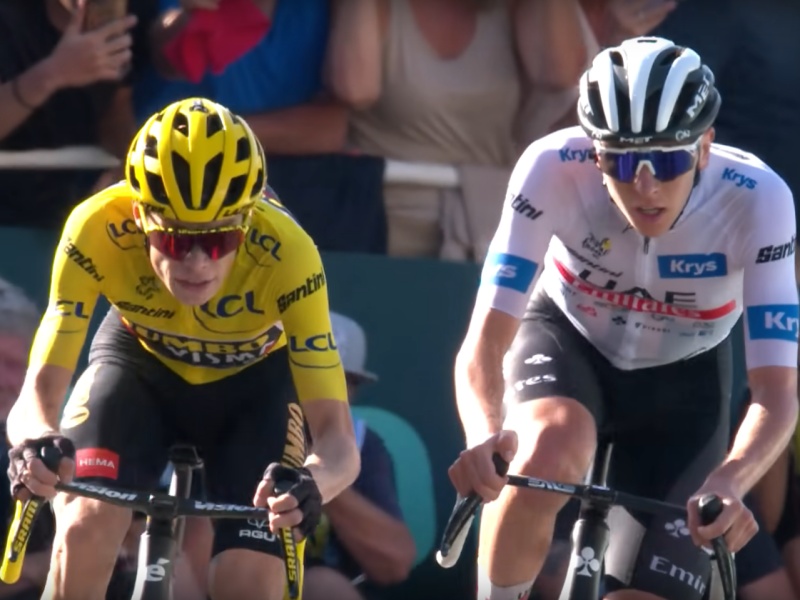
Leave a Reply